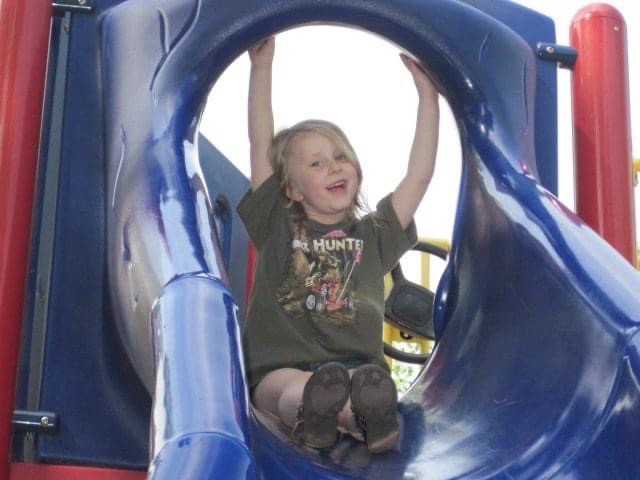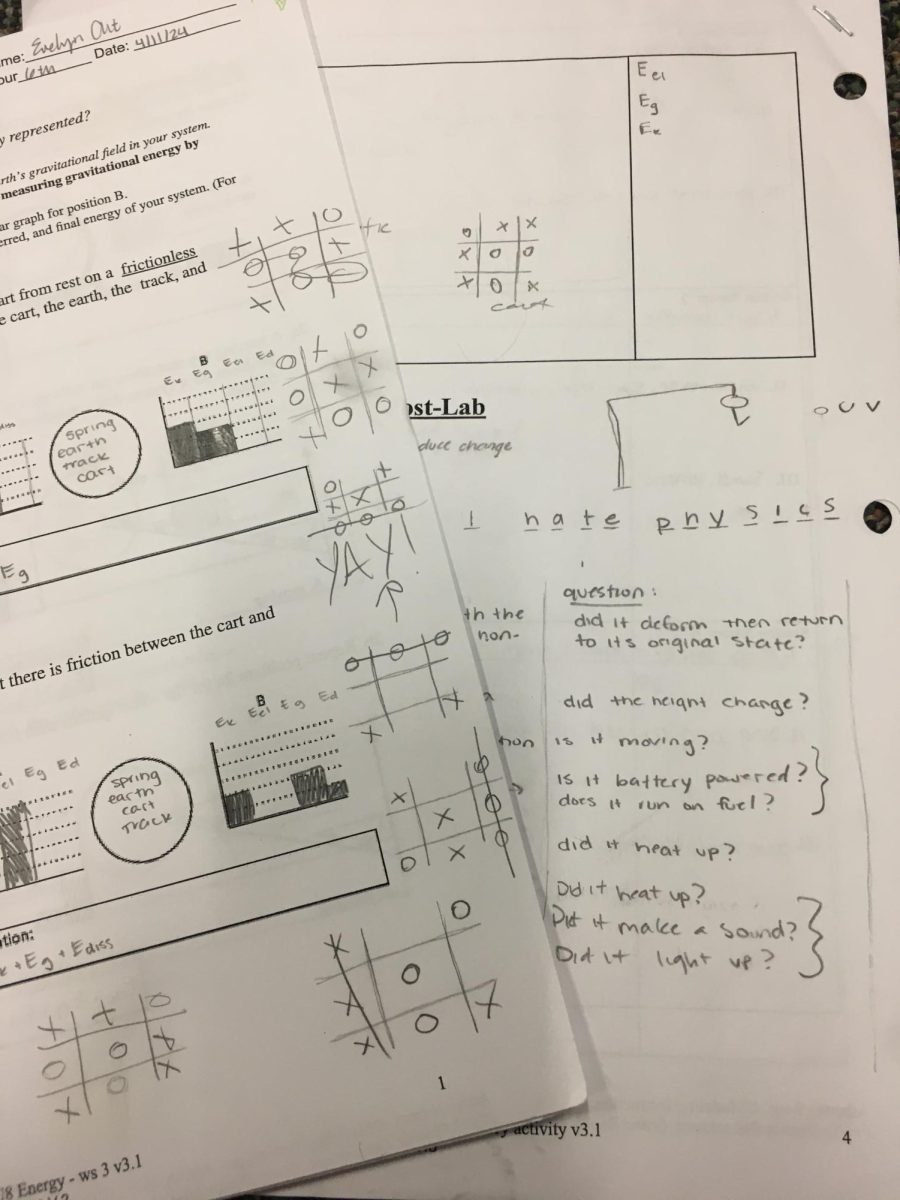Ayesha Jeddy values three main things: kindness, memories, and tiles

More stories from Linus Kaechele
To a stranger, tiles just blanket a kitchen floor or make a nice sound when walked on, but to junior Ayesha Jeddy, they’re somewhat of a fascination.
“I like tiles,” Ayesha said. “I don’t know why; I just find them aesthetically pleasing. I like the colors and shapes of them. I like the glowing white and geometric shapes—like Moroccan tiles. I think they’re pretty nice.”
Tiles and ceramics are just one of the many types of art that Ayesha immerses herself in. Freshman year, Ayesha found herself taking a daily trip down the art hallway in order to make it to her Art Survey class. Because of this immersion into the world of art, Ayesha views art with a kinder eye.
Though Ayesha doesn’t plan on pursuing a career as an artist, she hopes to land in a job that exercises both sides of her brain. For this reason, Ayesha is involved in a mentorship program in which she job shadows current architects and works alongside them on projects.
“I’ve been looking into that creative side [of myself],” Ayesha said, “and trying to find stuff that works with that. [That’s why I like architecture]; it puts math together with being creative.”
Ayesha seems to be able to find art in everything whether it be a kitchen backsplash or building towering over her. Since she finds art in everything, she might even find a piece of art in you. In her opinion, a soul is the best canvas to paint on, the best clay to mold, the best work of art waiting to be created.
According to Ayesha, the most beautiful souls are those that are kind, those that were painted with a sense of sympathy and molded with consideration.
“I have sympathy for people because I think that being a person who can be nice is something that’s really necessary,” Ayesha said. “People are all going through their own thing, and we don’t really know what’s happening with everybody. Showing kindness, whether that might be just being polite to people, can affect someone [more than you’d expect].”
When Ayesha thinks about the kindness in the world, one story, in particular, comes to mind.
“When [my family] went to Rome, there was this guy selling things on the street,” Ayesha said. “He walked by us as we were eating, and my dad bought something [from] him, and he said, ‘You’re the first person who bought something from me.’ Then, [he talked about] how he has kids at home who he needs to feed, so he gave my sister and I bracelets. He didn’t even make us pay for them.”
Ayesha’s library of memories is strewn with moments like this, filled with kindness and raw beauty. In her eyes, the best moments can’t be recorded through tangible methods such as picture-taking. This philosophy is applicable not just to memories but relationships as well.
Ayesha and her older sister are quite close. Being only two years apart, they’ve forged enough memories to last a lifetime, but those memories aren’t eternalized by photos, clothes, or other concrete souvenirs. Rather, Ayesha remembers the words they’ve shared.
“My relationships are based on what [people] have done,” Ayesha said. “It doesn’t really matter what I’ve gotten from people; it’s more the actions that they have done and how they talk and interact with you.”
Another person Ayesha would rather share memories than materials with is one of her closest friends Valerie Greenwood. With a history stemming back to the second grade, their relationship is rich with moments of laughter and happiness—and recently baking.
“For Winterfest, [Valerie Greenwood] and I didn’t want to go to the dance,” Ayesha said, “so we went to my house and, we baked cookies. My sister was having a party though, so we had to go off, and we sat in a bedroom just eating cookie cake on the floor. We were just laughing because it [would seem] really sad if someone came in, but we thought it was a good time. I would do it again; it was fun.”
This memory is a testament to another one of Ayesha’s morals: living her life how she wants. Whether it be the classes she takes, the clothes she wears, or the memories she makes, she refuses to let her life become something that is manipulated by the opinions of others.
“I’ve kind of figured out what I want to do and that it doesn’t really matter what other people are doing,” Ayesha said. “Don’t do something because everybody else does it. Try to figure out what you think is right for you and do that.”

Linus Kaechele is a senior entering his final year on staff for The Central Trend, and though he is apprehensive of the current situation, he plans to...



























































































